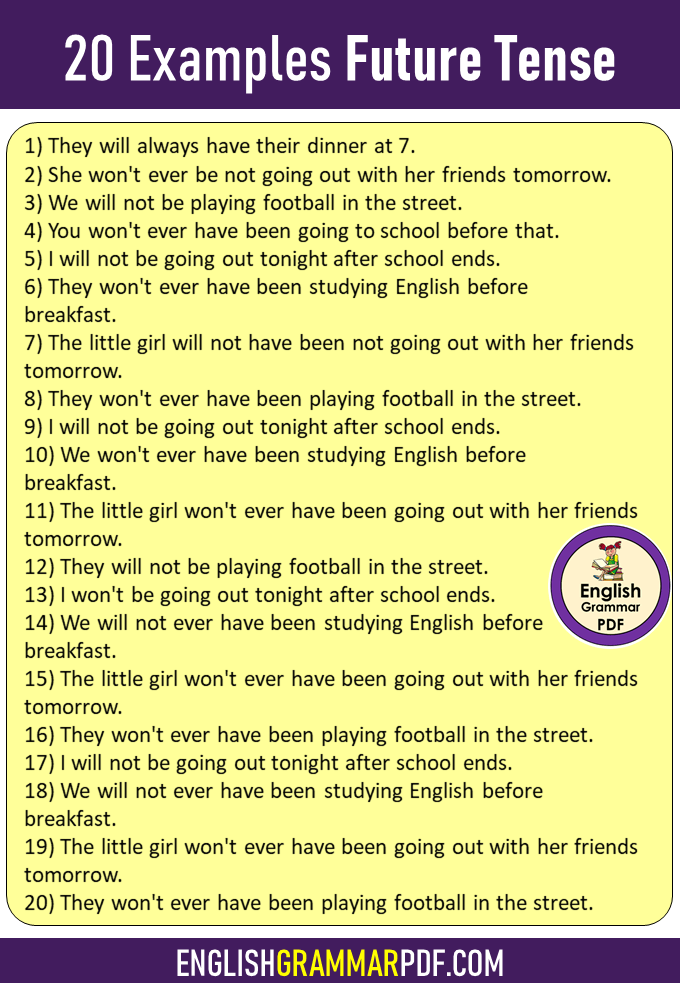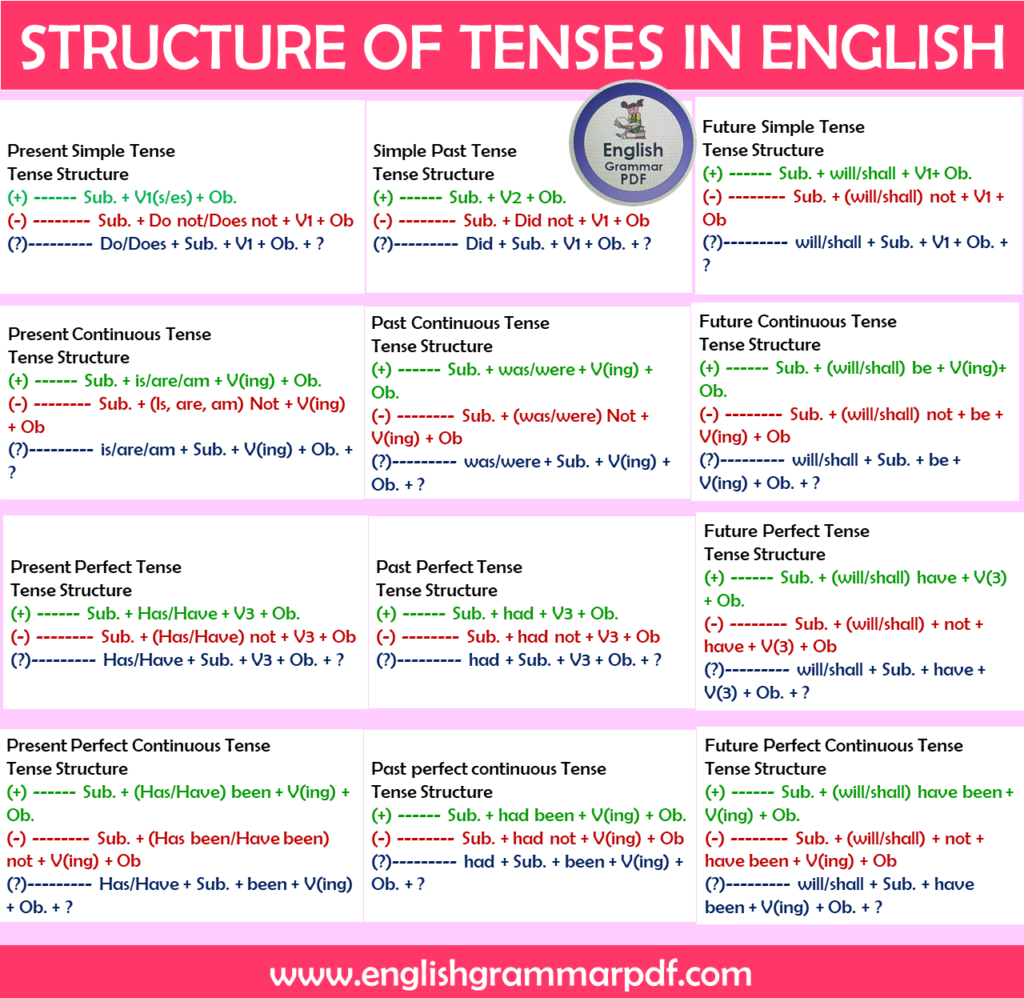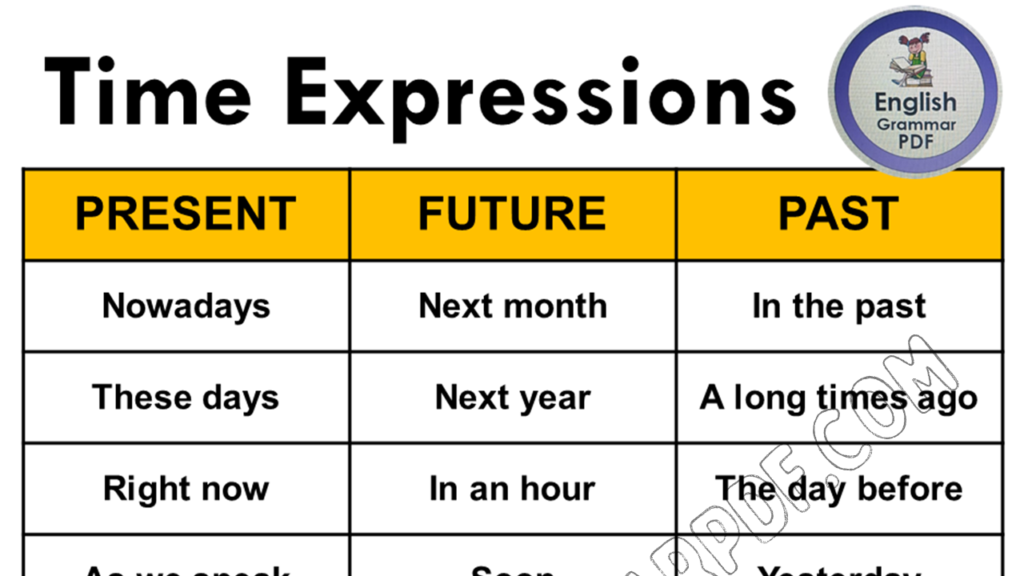We will explore the fascinating world of future tense through a series of captivating example sentences. Whether you’re a language enthusiast, a student looking to improve your grammar skills, or simply curious about how we express actions and events that have yet to occur, this article has something for everyone. From simple predictions to more complex hypothetical scenarios, these example sentences will showcase the versatility and power of the future tense in various languages.
Examples of Future Tense
- I will travel to Japan next year.
- She is going to start her new job tomorrow.
- They will have completed the project by next month.
- He will be sleeping by the time we arrive.
- We are going to see a movie tonight.
- The sun will rise at 6 AM tomorrow.
- She will have been working at the company for three years by next week.
- I will be meeting them for dinner.
- The train is going to leave at 9 PM.
- They will be playing soccer this weekend.
- He will finish his homework before going out.
- We will have been traveling for 24 hours by the time we reach our destination.
- The flowers will bloom in the spring.
- She is going to bake a cake for his birthday.
- They will be watching the game when we call.
- I will have learned enough Spanish to communicate before my trip.
- The conference will start next Monday.
- He is going to buy a new car soon.
- We will have been living in this city for five years next month.
- The stars will be visible in the sky tonight.
Affirmative Sentences
- You will love the new restaurant.
- The chef is going to prepare a special dish.
- I will enjoy the concert.
- They will build a new house next year.
- She will read the book you recommended.
- The teacher will explain the lesson tomorrow.
- He is going to drive to work.
- We will organize a party next weekend.
- The kids will play in the garden.
- She is going to practice her speech.
- They will hike in the mountains next summer.
- I will make a cup of tea.
- The gardener will water the plants.
- He is going to draw a portrait.
- We will watch a movie tonight.
- The tourists will visit the museum.
- She will jog in the park tomorrow.
- I will type the document.
- They will dance at the festival.
- The sun will shine
Negative Sentences
- I will not attend the meeting.
- She isn’t going to eat junk food.
- They will not play video games tonight.
- He won’t study
- We are not going to travel this winter.
- The cat won’t sleep in the garage.
- She isn’t going to wear that dress.
- I won’t use your computer.
- He isn’t going to work on Sunday.
- They won’t listen to loud music.
- She will not cook
- We aren’t going to stay up late.
- The baby won’t cry if you hold her.
- I won’t feel nervous about the exam.
- They are not going to attend the party.
- He won’t play the piano tonight.
- The dog isn’t going to bark at the guests.
- We won’t celebrate until we get the results.
- She won’t go on the trip.
- I will not buy a new phone this year.
Interrogative Sentences
- Will I see you tomorrow?
- Is she going to come to the event?
- Will they watch the new TV series?
- Is he going to eat with us?
- Will we meet again?
- Is the train going to arrive on time?
- Will the kids sleep well tonight?
- Is she going to write the report?
- Will I do well in the exam?
- Are they going to learn a new language?
- Is he going to make a speech?
- Will we travel abroad next year?
- Is the sun going to set early today?
- Will they play sports this weekend?
- Is she going to paint her room?
- Am I interrupting you?
- Are they going to plan a holiday?
- Is he going to fix the car?
- Will we start on time?
- Is the dog going to bark tonight?
Explore More:
Structures of All Tenses with Examples (Download Pdf)

When do we use the future tense in English grammar?
It is used to talk about any event that will take place in the future. We also use it to express a decision or determination that we have made. It is important to note that the future tense in English grammar can also be used for things that are going to take place very soon.
Informally, many people use “going to” instead of the future tense verb form. For example, instead of saying “I will be there tomorrow,” they might say “I’m gonna be there tomorrow.” This is fine in conversation, but not when you are writing essays. If you want to be formal, use the future tense.
Do we use modals (can, will, etc) with the future tense?
Modals are often used before going into a verb in this case. They are also used with be to denote possibility or ability.
For example:
- I can go to the park tomorrow.
How do we form the future tense in English grammar?
The structure for making sentences in the future tense is as follows:
He / she / it will + verb 1st part of sentence + subject + time word (tomorrow, next year, etc)
For Example:
- I’m going to put my dog outside.
- He’s going to clean the dishes after dinner.


